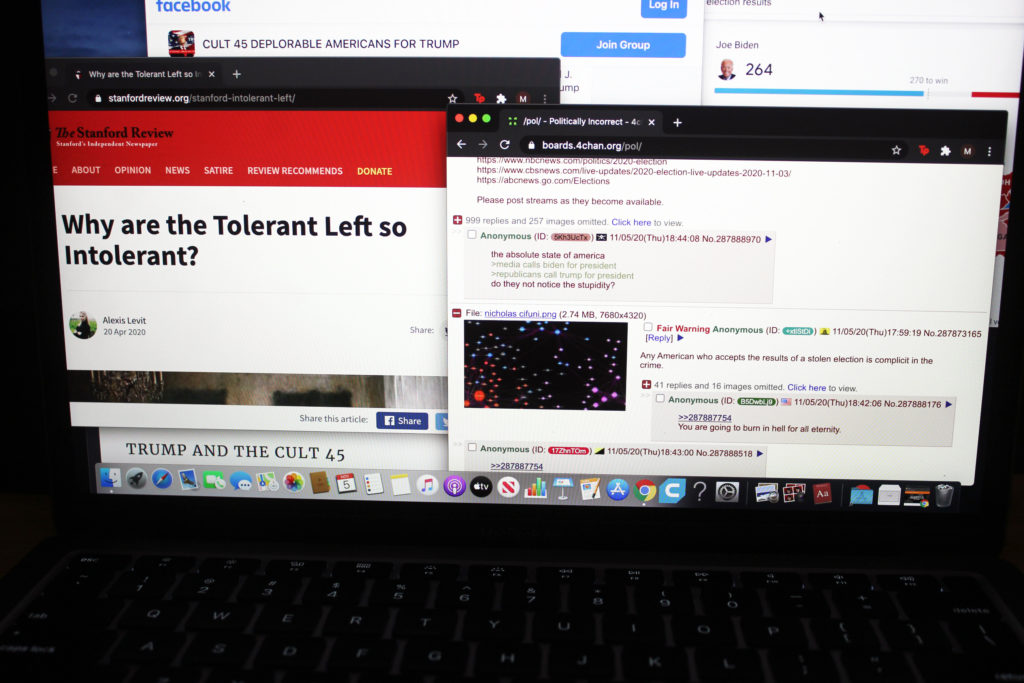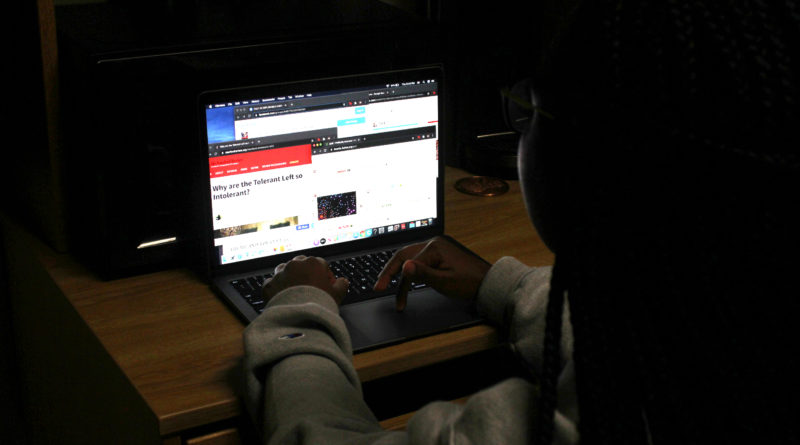Social media is changing the way we interact with politics
One would run the risk of being misleading and outright dishonest if they were to deny the influence social media has had on politics, particularly in America, within the past couple of years, with the 2016 election being a prime example of its influence and the current election seeming to follow a similar pattern as the one before it. With the constant accessibility and advancements of technology brought on by social media, the change begs two very different, but equally important questions: how does social media impact political discourse and our ability to engage in it? Is the gathering of information from social media detrimental to said political discourse?
The use of social media including Twitter, Facebook, YouTube, and now the children’s app Tiktok, has dramatically changed the way campaigns are run, how Americans interact with and perceive their elected officials, and, most importantly, how information regarding candidates and elections is spread. With a worrying new fusion of information and entertainment, many are consistently exploring the pros and cons of the fusion and relationship of politics and social media.
Criticism of politics on social media includes things like controversy, the sending of hate one is prone to receiving for espousing certain political views, and how social media seems to be affecting young voters in the age ranges of 18 to 25 a voting block that is surpassing the size of baby boomers. With political content being all the rage on social media nowadays, are young voters inspired or discouraged?
Many believe that the discussion of politics on the internet and the way voters, especially young voters, engage with and express political opinions on the internet, “whether it’s issues on the right or the left, whatever we do in terms of this election, it’s going to affect us for a long time,” said Kalhan Rosenblatt, a youth and internet culture reporter for NBCNews.com.
San Jose State University professor Bob Rucker said, “All of these people try to put them down or make them feel weaker. And as a result, I think some of them are weary, or leery, of voting because of the social media reactions they might receive.”
Rucker expressed a frustration many may have with bringing politics to social media and, again, bringing to light the main concern of mine: how have politics been affected by social media, really?

Photo by Anna Smith, CO ‘24.
Another question the presence of politics on social media begs is whether people are exposed to different opinions or only opinions that coincide with their own. Social media has been criticized for creating echo chambers, environments in which a person encounters only beliefs or opinions that coincide with their own, so that their existing views are reinforced, and alternative ideas are not considered.
According to a report from the Pew Research Center, the majority of surveyed teens said they felt social media exposed them to people with different backgrounds and views and helped them show support for causes and issues important to them. Considered a pro and a con, social media as a news source outlet seems to give people who are not usually exposed to politics or political opinions different from their own, an outlet to explore and find further knowledge and resources to make them a more educated individual (or, so we can hope), but with media having different narratives and leanings, we can all expect to hear a number of unproven or false claims.
With any sort of media, one can expect bias or omissions of truth unfortunately, but as voters and citizens, we can make the choice to engage with media and politics the best way we see fit to be more educated and productive members of society. Though I see the benefits of politics coming to social media, I am also inclined to admit that this introduction has almost done more harm than good. Social media and technology are great for quickly finding and fact-checking information, but it has also made deflection and ignorance incredibly easy to maintain.
You can’t just block or delete someone in real life, and that is the appeal of social media. I feel that those in my generation have gotten accustomed to blocking, deleting, and curating their feeds to only see things that they agree with, and political discourse has been weakened because of it. I would be proud to see my generation engage in political discussion in real time and not behind a screen anymore. Having these hard conversations face-to-face would build skills we all need when it comes to conflict resolution, and we’d be more able to stop for a second and really see the person we’re arguing with as who they truly are, a human.

